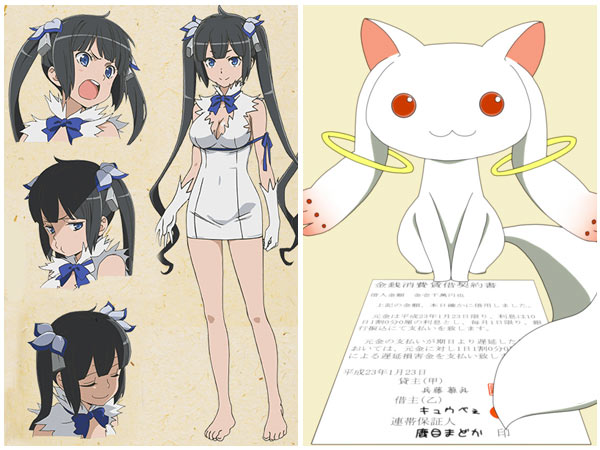
As with most other countries, the basis of Japan’s capitalist economy is land ownership, and there are many legal mechanisms in place to ensure land is managed in a fair and proper way. One of the biggest differences between the U.S. and Japan is that in the U.S, property tends to increase in value over time, 2008-style crashes notwithstanding, while in Japan property values usually go nowhere but down. Part of this comes from the massive asset bubble that collapsed in 1991, during which the value of Tokyo exceeded that of the entire United States on paper, but also from the downward spiral in population and general trend towards deflation. Among the many challenges Japan faces in the 21st century is the “empty house problem,” with many homes around the country standing empty because their occupants have died and the homes are now owned by their children, who are busy working in Tokyo. Buying or selling land is quite an involved process in Japan. Over the weekend Ms. J-List and I took the train down to Tokyo to have a meeting with a real estate agent so we could sign stamp our hanko kanji stamp to a contract for a condo in Karuizawa that we were selling. While a property on the market in San Diego might sell in 30-60 days, it had taken us two years to finally find a buyer for the unit, and sure enough, the sale price had dropped by half from the time we bought it a decade ago. Japan is a country that likes cash, so I wasn’t surprised when the buyers brought out a paper bag filled with cash to finalize the purchase.
Another fun anime I’ve started watching this season is Dungeon ni Deai wo Motomeru no wa Machigatteiru Darou Ka?, aka DanMachi, meaning “Is It Wrong To Try To Pick Up Girls In A Dungeon?” It’s kind of a cross between Sword Art Online and Outbreak Company, a romantic comedy about a young adventurer named Bell living in the town of Orario, which neighbors a labyrinth filled with monsters and treasures. While fighting (or mostly running from) a monster in the dungeon, Bell is saved by the beautiful female fighter Aizu
Varenshutain, and he promptly falls in love with her. The most interesting character in the show by far is Bell’s partner, the goddess Hestia, who exploded in popularity on the Internet overnight, even faster even than the “special feeling” meme and a certain pregnancy announcement. If you’ve ever visited J-List Facebook or Twitter page, you know I love good fanart. The quality of the show is very high, and I’ll certainly keep watching it.
It’s tax season in the U.S. and other countries, which is always a bummer since no one likes paying taxes. So J-List has decided to have a special sale from today through April 30th, giving you 10% off all products using code JLIST10. That’s 10% off awesome bento boxes and accessories, wonderful Japanese snacks, sexy anime figures and even our world-famous “naughty items.” As usual, the 10% discount doesn’t apply to items like iTunes prepaid cards or grab bags.
















